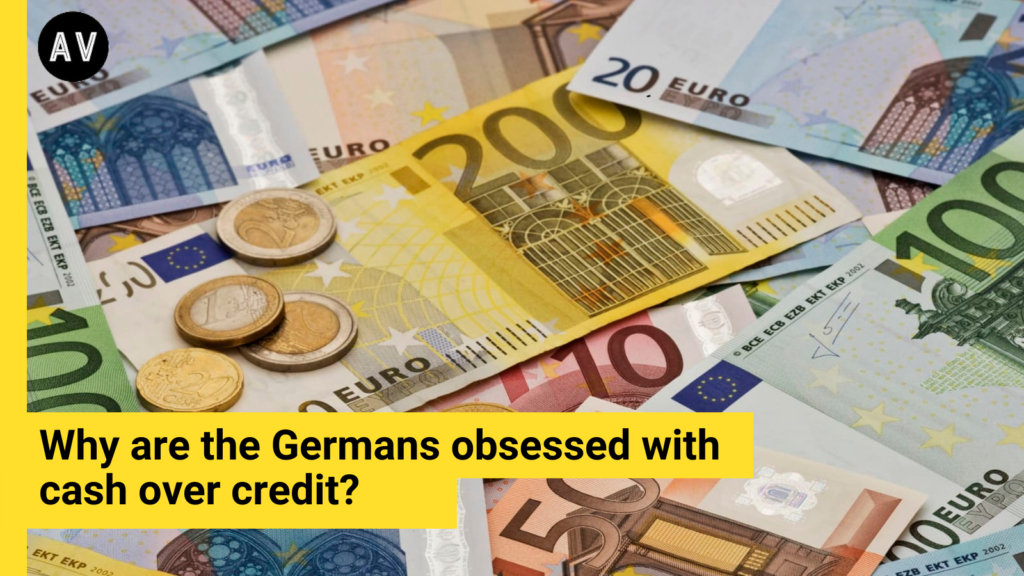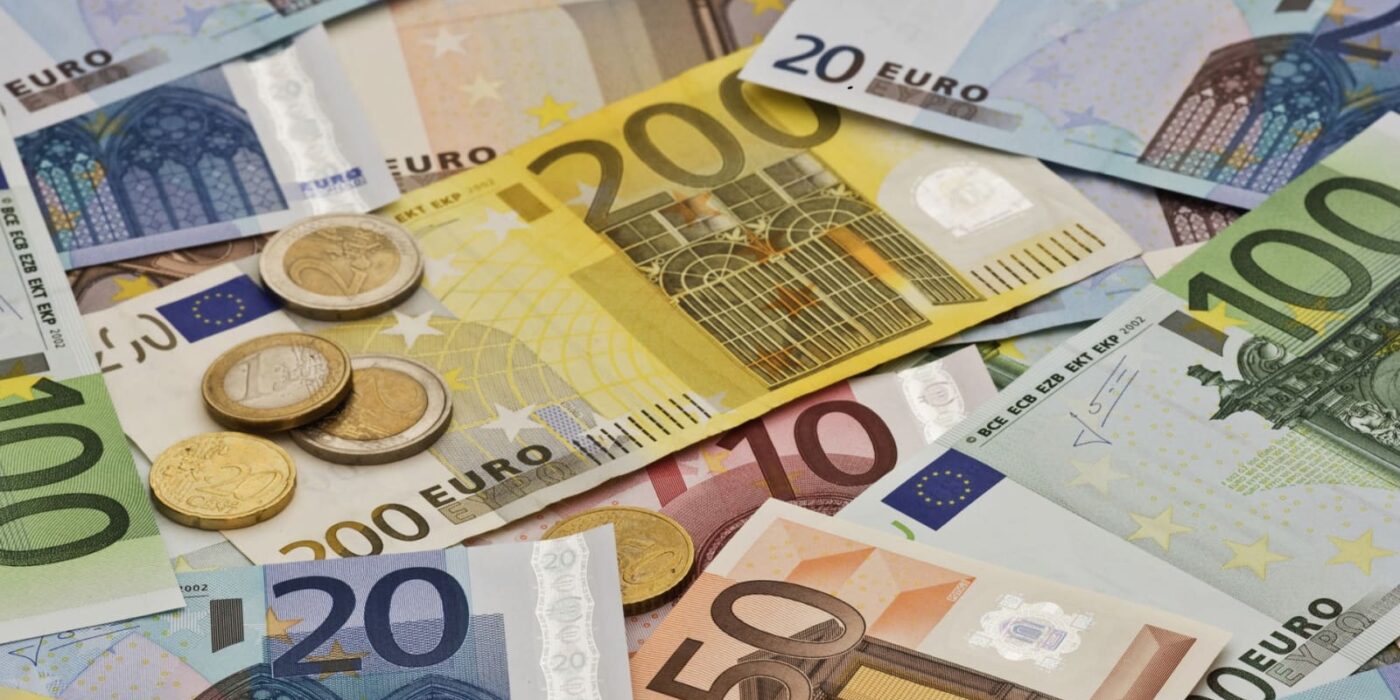“Do you take credit cards?” If you inquire in Germany, there’s a good probability you’ll get a negative response. Germans are preoccupied with money in this country. Surprisingly, the country has a low cashless rate. Germans obsessed with cash over credit.

Paying with a card, debit or credit, is not as simple as one might think in Europe’s most powerful and largest country, as anybody who has lived in Germany will attest. According to a 2017 European Central Bank poll, the typical German had 103 euros in their wallet at any one moment, considerably more than inhabitants of any other EU nation.
In this post you will find
Times change but the Germans obsession with cash continues
The German Bundesbank has printed more notes than any other euro currency central bank combined since the EURO became a real currency in 2002. And, as one might anticipate from a country with such a strong preference for cash, the number of vehicle terminals in Germany has increased dramatically in recent years but remains far lower than in other major European countries.
According to Statista, in 2016, 80 percent of all point-of-sale transactions in Germany were made in cash, compared to only 46 percent in France and 46 percent in the Netherlands.
According to a 2017 European Central Bank poll, the typical German had EURO 103 in their wallet at any one moment, considerably more than inhabitants of any other EU nation.
Many economists say that cashless futures are a positive thing in Germany and elsewhere since they eliminate tax evasion, illicit black money activities, and the considerable expenses involved with cash-based transactions, such as cash transit.
But why?
Social psychologists, historians, and commentators all have different explanations. Theories abound, ranging from an old folktale recollection of sad historical occurrences to a deep desire for solitude and suspicion of any sort of surveillance.
There are also strongly ingrained cultural aspects unique to Germany. The German Museum in Berlin featured an exhibition named “Savings; History of German Virtue” that highlighted how the ideals of frugality, aversion to debt, and financial caution had affected German culture through the years, making Germans obsessed with cash.
Even though several of its European and other neighbors are rapidly abandoning physical money in favor of new payment technologies, many Germans like euro notes. They claim that cash is quick and simple to use. It gives a clear picture of personal expenditure, keeps transactions private, and is widely recognized across the country.
The German saying
There is a common German saying; “nur bares ist wahres”, which means “only cash is true.” Reining it in is unthinkable for most Germans.
Closing
Many Germans are content with living in a cash-based culture, but a handful is not. Yet the idea that other systems could one day replace cash as the primary method of payments appears not to have reckoned with some of the important and powerful modern German traits, cautions, desire for privacy, and above all, the enduring force of memory.
Check out more money saving methods from around the world.







